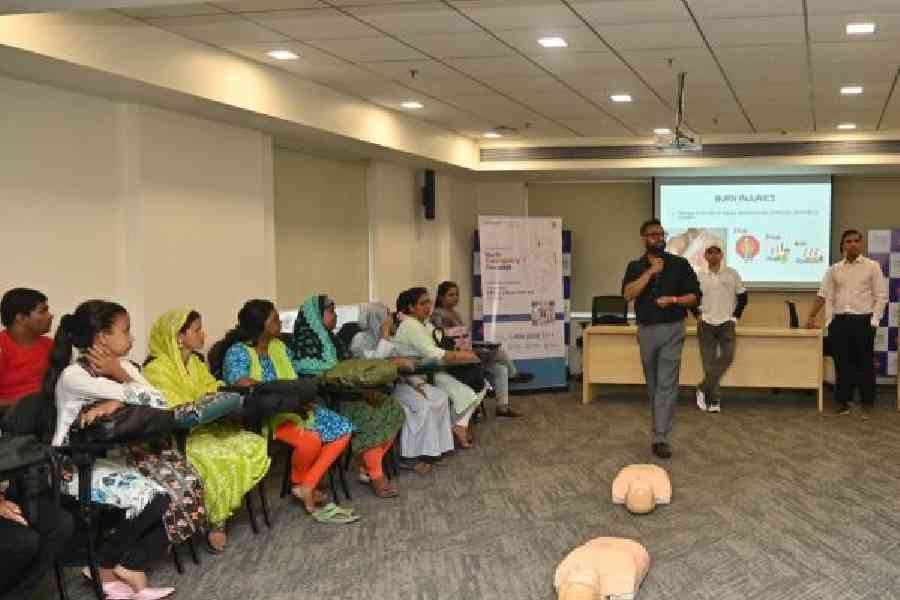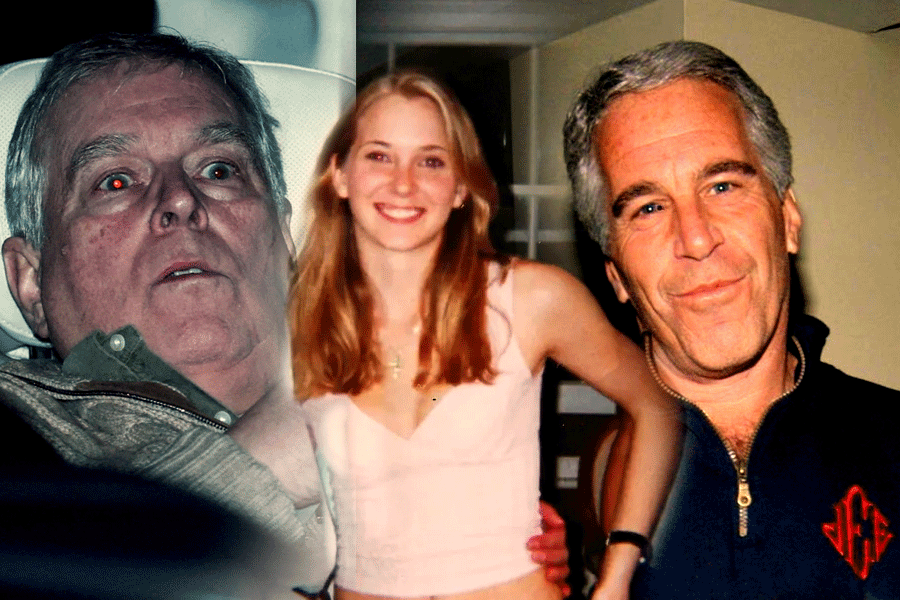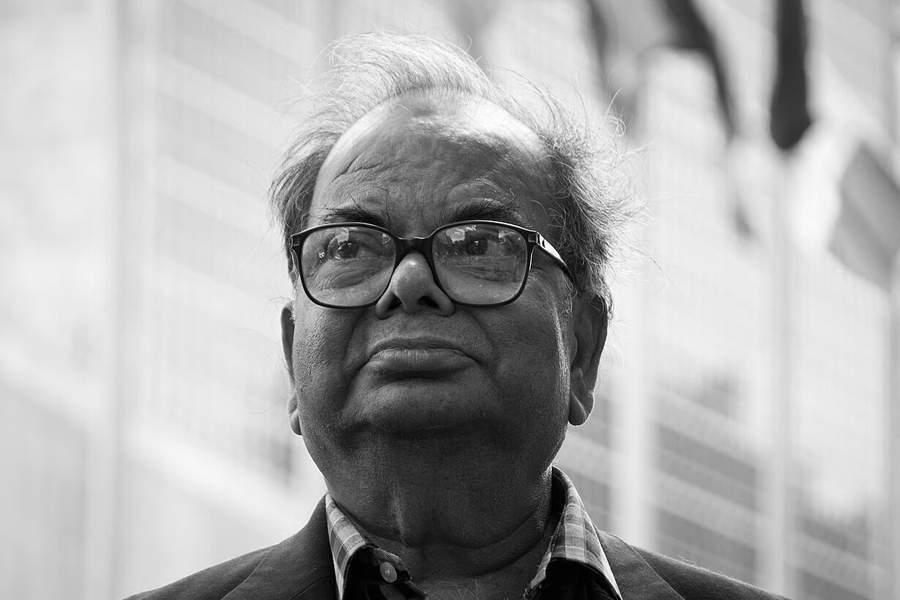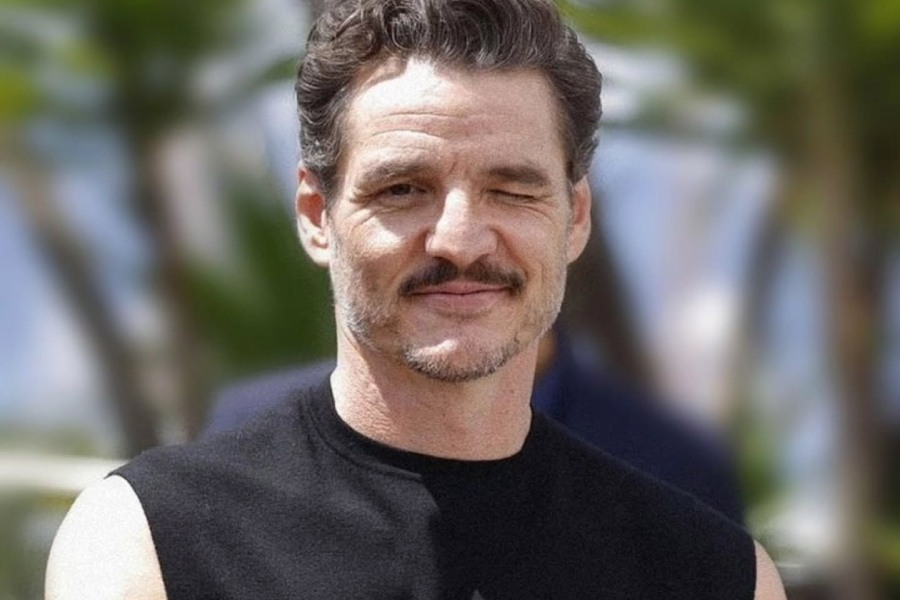What do we do with a severe burn injury?
If anyone is electrocuted, what should others around the person do?
Acid attack survivors posed these questions at a session on handling medical emergencies for them and children with special needs.
Doctors imparted basic knowledge on first-aid and how to prevent further harm before reaching a hospital.
“A hospital or a doctor cannot reach everyone, so with proper knowledge
and training, individual efforts can make a difference. Before a patient reaches the hospital, a simple first-aid, a call to a hospital or providing CPR (cardiopulmonary resuscitation) before the help arrives will make a difference,” said Indranil Das, head of emergency, Medica Superspecialty Hospital (a unit of Manipal Hospitals Group).
Manipal Hospitals, on World Emergency Medicine Day on Tuesday, organised CPR training programmes in public spaces like parks and corporate offices to create a pool of emergency-ready individuals.
The team of doctors explained the signs and symptoms of a heart attack, stroke, choking and the need to respond with speed and without panicking in such situations.
They shared what should be the immediate response to a burn injury, ankle sprain, snake or animal bite.
“Being nervous in an emergency situation can stem from a lack of knowledge and awareness and that can lead to making wrong decisions,” said Das.
“Another important part of first-aid is to prevent more harm. We provide training to help contain any further damage till the time the person reaches the hospital.”
Tuesday’s session was addressed by Das, Kishan Goel, consultant and head of emergency, Manipal Hospital-Broadway and Sujoy Das Thakur, consultant and in-charge, emergency medicine, Manipal Hospital-Mukundapur.
The session tried to dispel myths that often delay the process of reaching the hospital or seeking medical help.
For example, in the case of skin burns hold the affected area under water, apply an antibiotic ointment, make a cool compress, take pain reliever and apply aloe vera juice.
But one should not apply toothpaste or use ice and cold water, the doctors said.
In case of a snake bite, the affected limb or area should be immobilised and basic first-aid (washing the wound with soap and water) should be applied.
One should not take the patient to a snake charmer, suck the wound or cut it open. The patient should be rushed to the nearest hospital.
Mamata Gayen, an acid attack survivor, asked what the immediate response is if someone has a severe burn injury.
“The most important thing is to stop the burning process. For that the injured has to be taken out of that area, dropped down, rolled over, and covered with a blanket to cut off the oxygen supply,” said a doctor.
Another acid attack survivor from Canning, Tushi Mondal, has seen a neighbour getting electrocuted, followed by the person’s son who went to save him.
“The first response should be to cut off the power supply before trying to help a person. Whether it is an office or home, one should know where the main switch is,” said Das.
The session was also attended by children with special needs and their parents.
Moina Das, mother of a 17-year-old girl with a hearing disability, said that such sessions should be conducted more frequently for their children who have to be equipped to lead an independent life.
“When I am around, I am there to guide her. But there could be situations when I am absent and she has to handle the situation,” said Moina.










